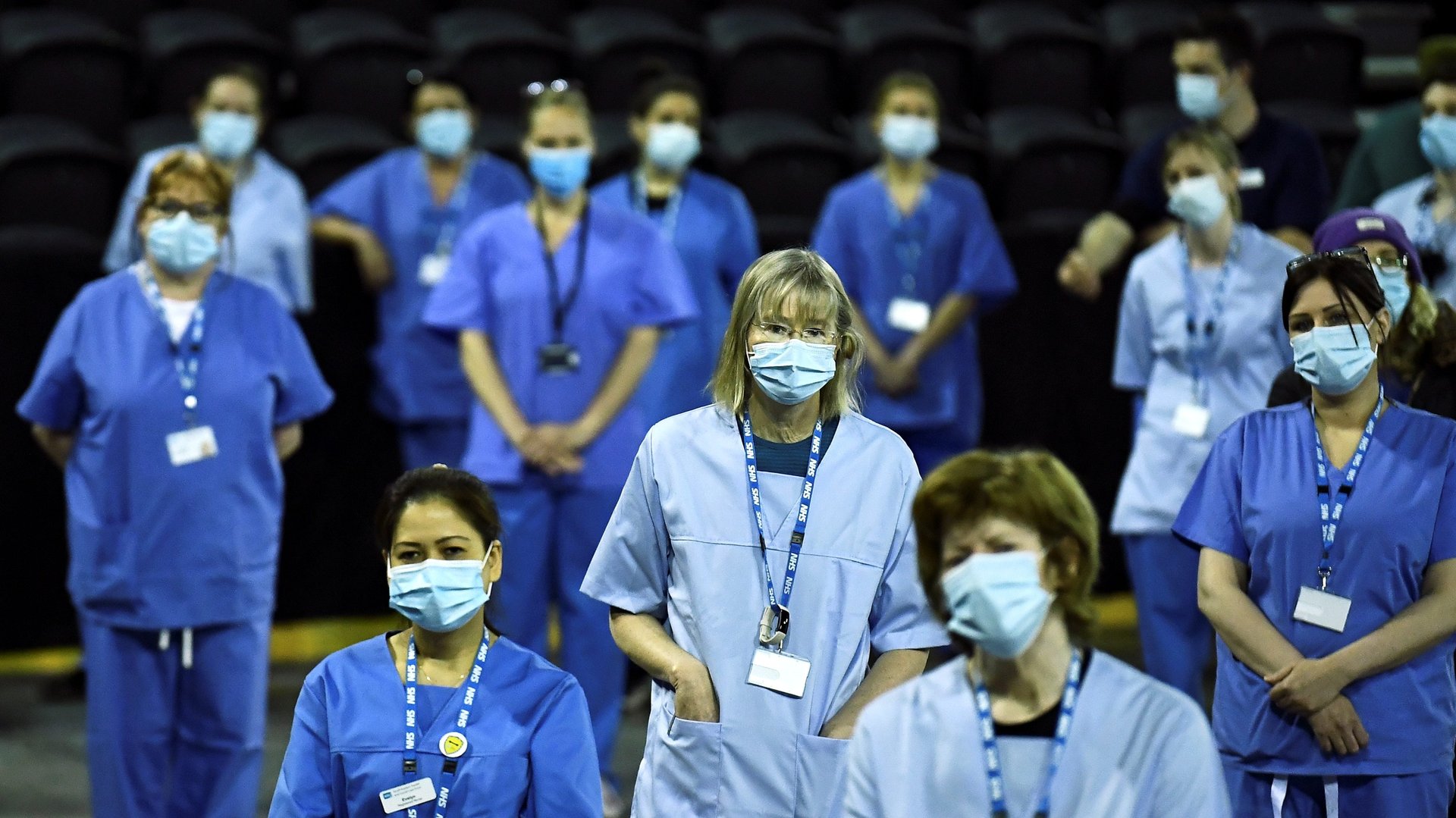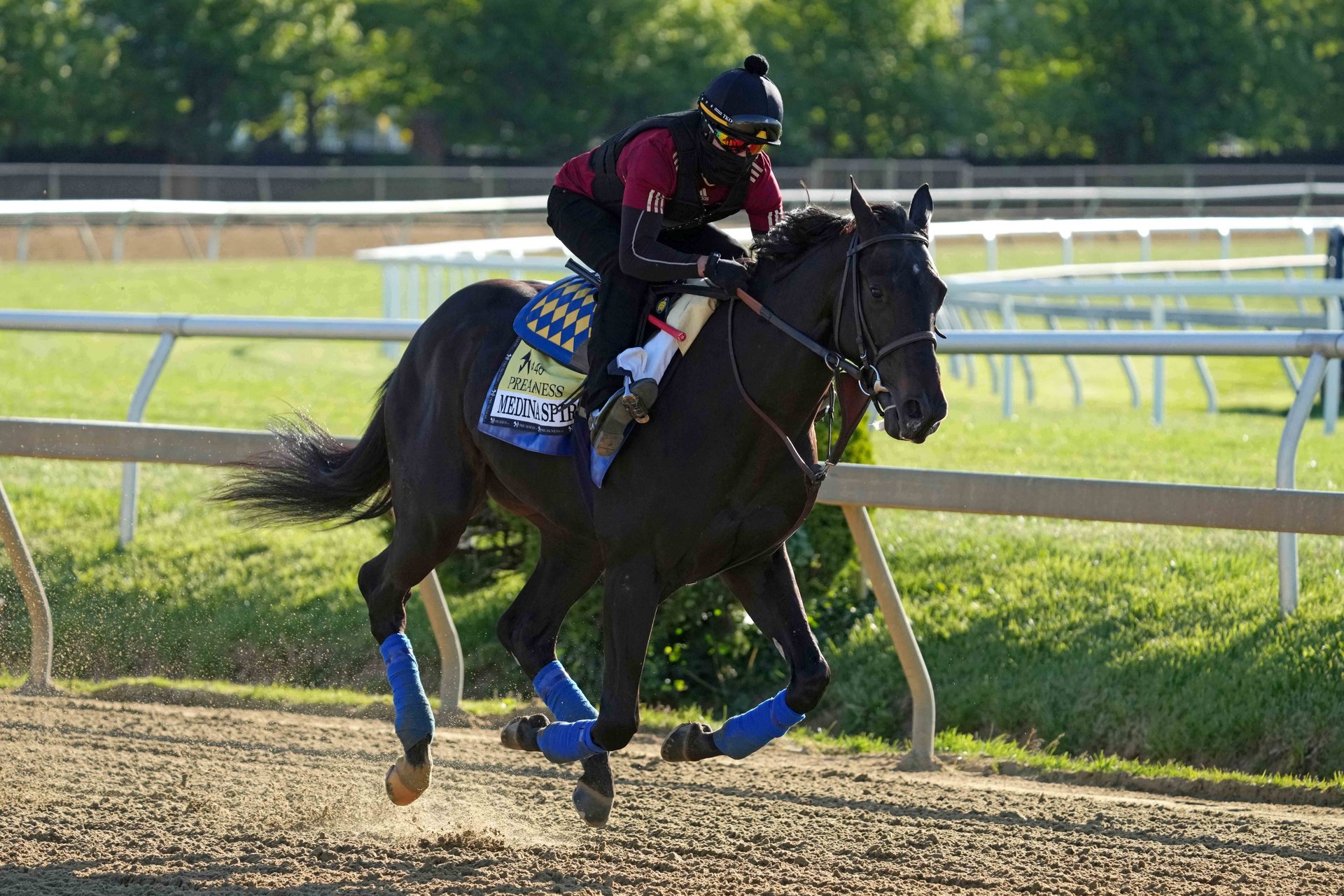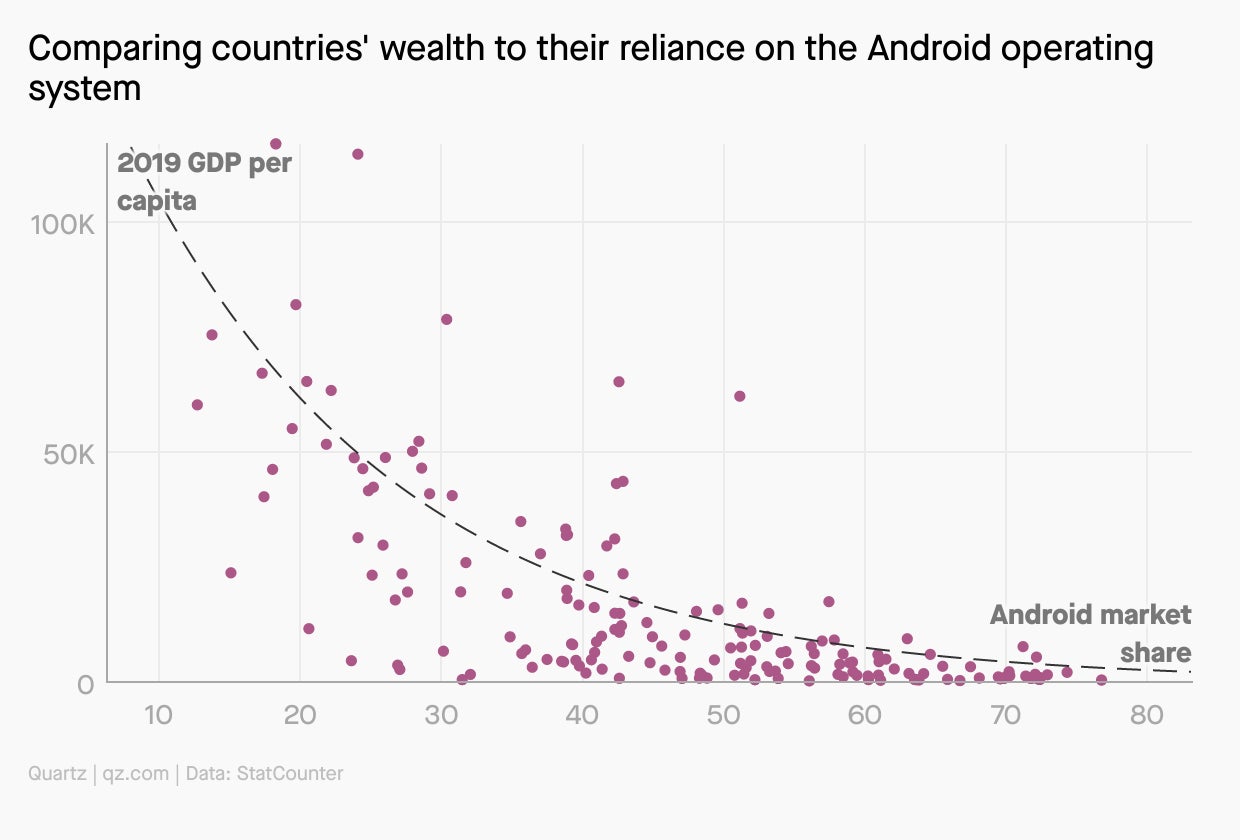Gaza conflict intensifies, unmasking concerns, Russia vs. Tom Cruise
Good morning, Quartz readers!


Good morning, Quartz readers!
Here’s what you need to know
Israel is closer to a ground operation in Gaza. Five days into the latest conflict, more tanks and troops arrived at the border, with heavy shelling and air strikes continuing against Palestinian rocket attacks.
The Colonial Pipeline is flowing again. The company reportedly paid $5 million to the DarkSide hackers, but although fuel supplies are on their way, “this is not like flicking on a light switch,” US president Joe Biden warned.
The US announced new mask guidelines. Fully vaccinated people no longer need to wear face coverings in most indoor and outdoor venues; Biden called it a “a great day for America.”
Alibaba reported its first quarterly loss since going public. Despite losing 5.5 billion yuan ($853 million) because of a $2.8 billion antitrust fine in China, the company’s revenue growth beat analyst estimates.
India’s Covid-19 crisis is breaching its borders. The B.1.617.2 strain of coronavirus—or “Indian variant”—is spreading in the UK, with officials planning emergency containment measures.
Singapore imposed new coronavirus restrictions. As cases rise across southeast Asia, these are the strictest measures since last year’s lockdown—Singaporeans have largely lived a Covid-free life for months.
What to watch for

One of the world’s premier horse racing events begins this weekend under a cloud of suspicion and intrigue. Medina Spirit—the controversial horse that won this year’s Kentucky Derby but flunked a test for performance-enhancing drugs—will be allowed to run at the Preakness Stakes under close supervision.
Bob Baffert, the horse’s legendary trainer, is no stranger to drug scandals. In the past four decades, his horses have failed 30 drug tests. In some instances, those tests have been swept under the rug by racing officials with whom he has personal ties. Today, however, both Baffert-trained horses racing in the Preakness will be subjected to additional rounds of testing, and will be disqualified if labs find even trace amounts of the drug found in Medina Spirit’s blood at the Kentucky Derby.
Charting who’s benefiting from privacy changes
Tech companies are starting to make it harder for advertisers to snoop on what consumers read, watch, and buy online. But there’s one notable laggard: Google’s Android operating system. While privacy changes are on their way to Apple devices and all major desktop browsers, there are no plans to bring similar protection to Android devices. That means the privacy benefits will go first to people who can afford iPhones and laptops, and last to people who rely on more affordable Android devices.

Ad industry observers expect that Google will eventually boost privacy on Androids by blocking advertisers from tracking what individual users do on their phones. But the company may be dragging its feet because it doesn’t want to disrupt the industry, which provides the lion’s share of its revenue.
The C-suite to-do list
CEOs often use elaborate frameworks for setting corporate strategy—yet they still struggle to decide which projects to prioritize. Too many green lights, and everyone ends up feeling stretched.
But business strategy doesn’t have to be complicated, says Harvard Business School professor Felix Oberholzer-Gee. In fact, familiarity with some basic economics and employing one simple exercise are enough for most companies to decide what to move up the list. His approach has another important benefit: It helps clarify whether your company is actually good for customers, employees, and the world.
✦ Start a free week of membership to read about this simple, ethical approach to corporate strategy.
You asked about unmasking
If health officials are lifting mask mandates for the vaccinated, how do I know if the unmasked people around me have gotten their shots? How do I signal to them that I have?
In the US, the Centers for Disease Control and Prevention says fully vaccinated people can stop wearing face masks even indoors, with a few exceptions. The actual implementation of this advice will be up to state and local authorities, but this will likely be welcome news to many who are eager to get back to normalcy.
But only about a third of the country’s population is fully vaccinated, so the decision raises questions about unmasking. First among them: How can I be sure if someone I don’t know is fully vaccinated, and how do I let people know I am?
The answer isn’t quite clear yet. At the moment, the only proof of vaccination Americans have is the precious CDC vaccine card, but it doesn’t seem likely that people will be walking around cities wearing their vaccine card on their shirts. Not to mention, the card is just a piece of paper that is rather easy to falsify. The US still doesn’t have official vaccine passports, although some independent initiatives have emerged, including New York state’s Excelsior Pass, to digitally certify a person’s status.
For now, it seems, much will come down to trust. After all, unvaccinated people—who are at the highest risk—are supposed to wear masks anyway.
Surprising discoveries
The Russian film industry has entered the space race. Moscow aims to send an actor to the International Space Station before Tom Cruise gets there to film the world’s first movie in space.
Ancient mammals once took long walks on the beach in Wyoming. Scientists discovered two sets of footprints along what used to be the coast of a vast, inland sea in North America.
Pokémon cards are a dangerous commodity. Target announced it will stop selling them after a man pulled a gun at a store in an altercation over the trading cards.
142-year-old seeds can still send up sprouts. In one of the world’s longest running experiments, scientists successfully planted seeds stashed away by a professor in 1879.
Tech companies are trying to make “coffeeless coffee” happen. Atomo Coffee brews a coffee-like substance from sunflower seed husks and watermelon seeds.
Our best wishes for a productive day. Please send any news, comments, trading cards, and caffeinated seed husks to [email protected]. Get the most out of Quartz by downloading our iOS app and becoming a member. Today’s Daily Brief was brought to you by Hasit Shah, Jane Li, Tripti Lahiri, Mary Hui, Annalisa Merelli, Walter Frick, Nicolás Rivero, and Susan Howson.